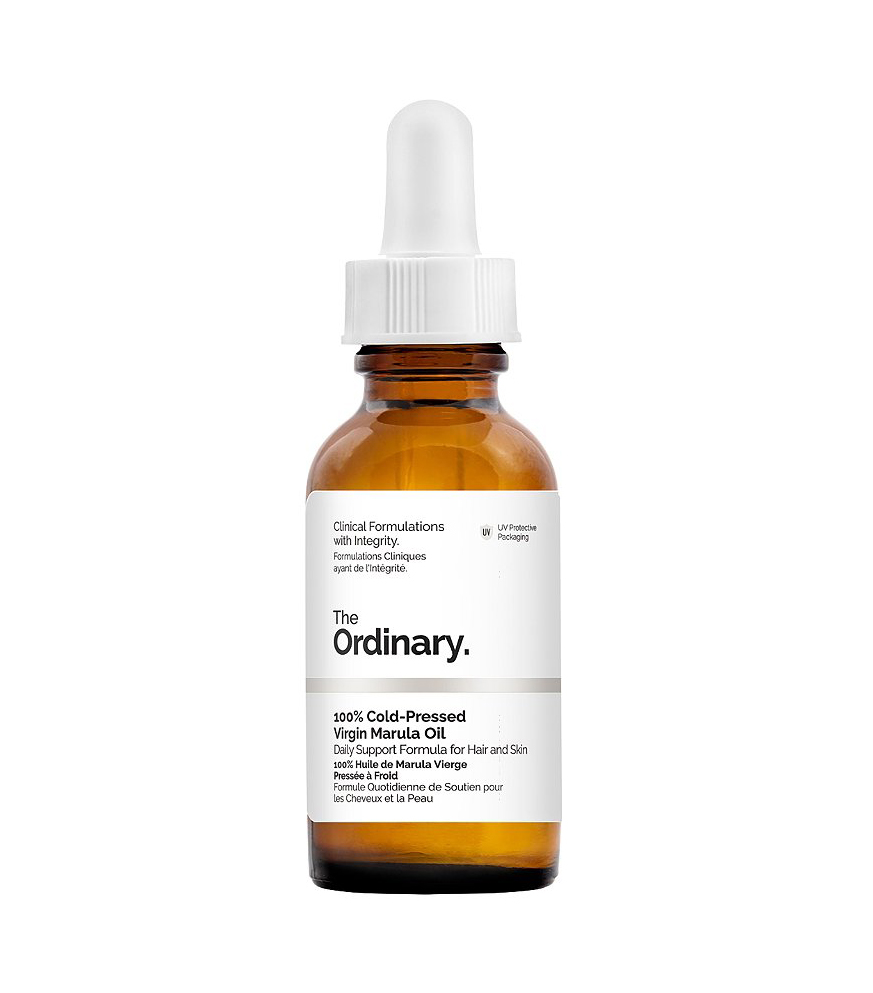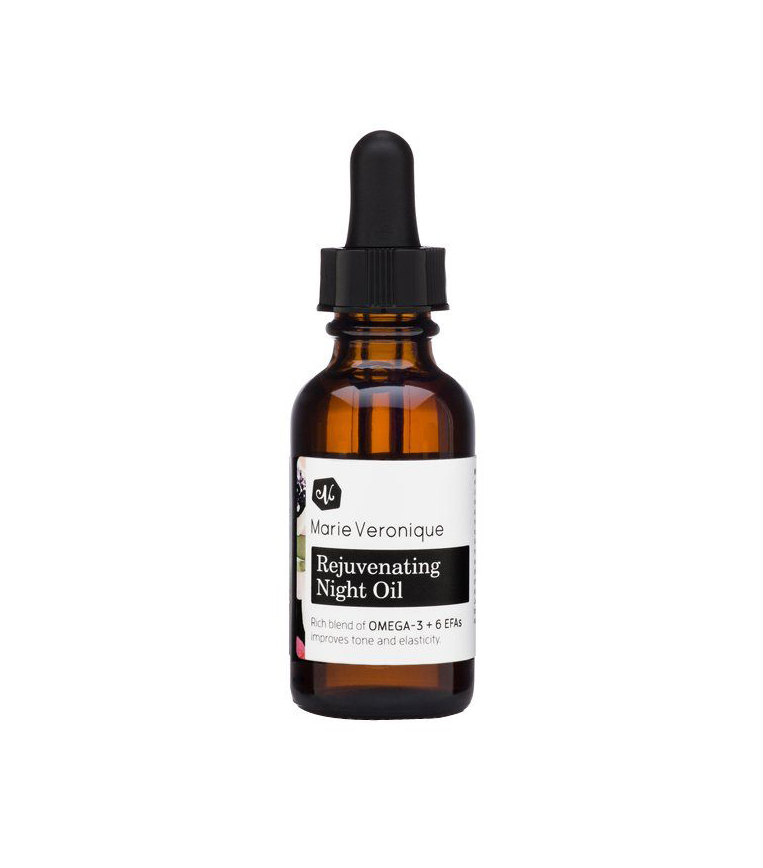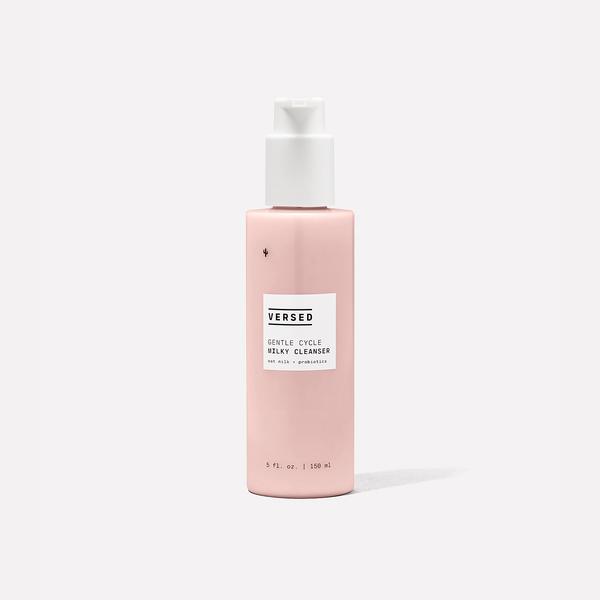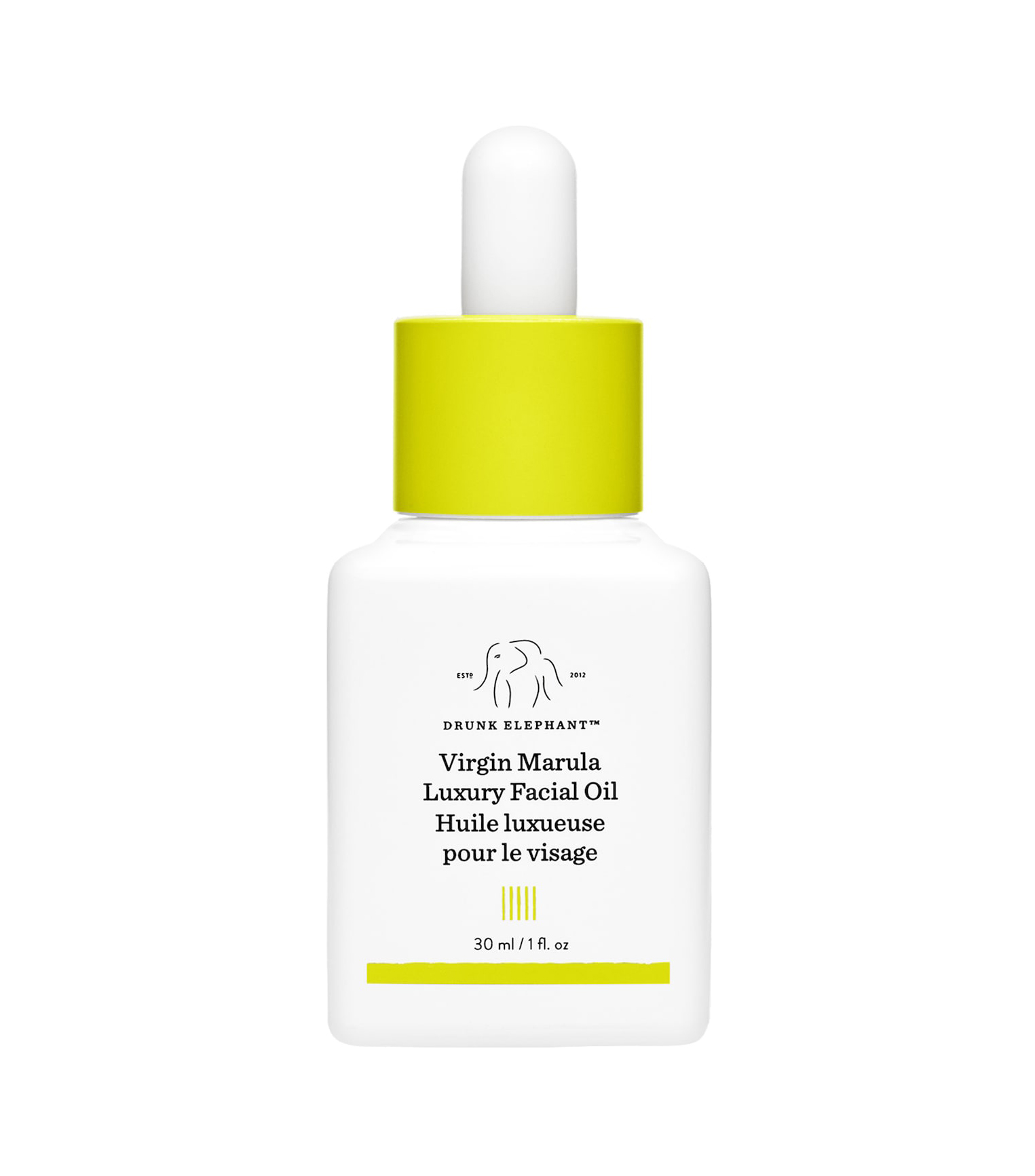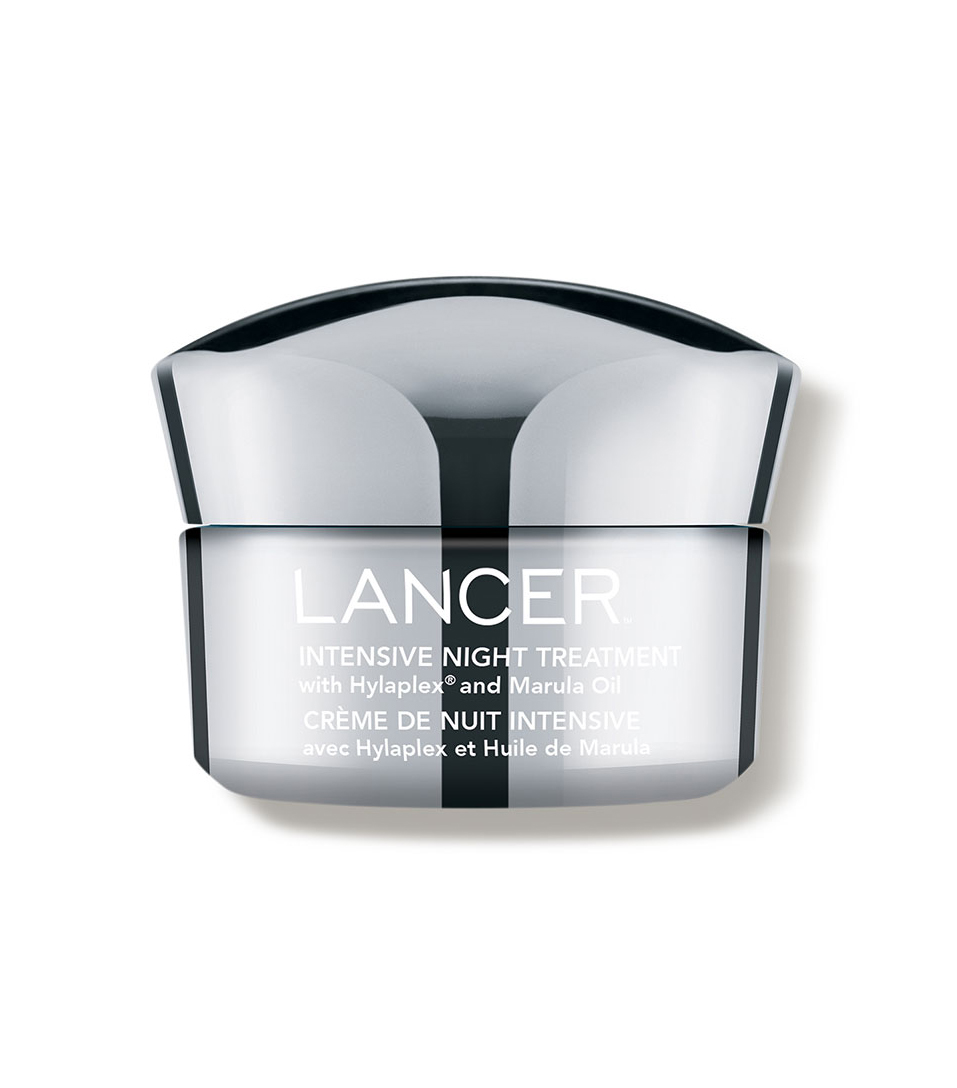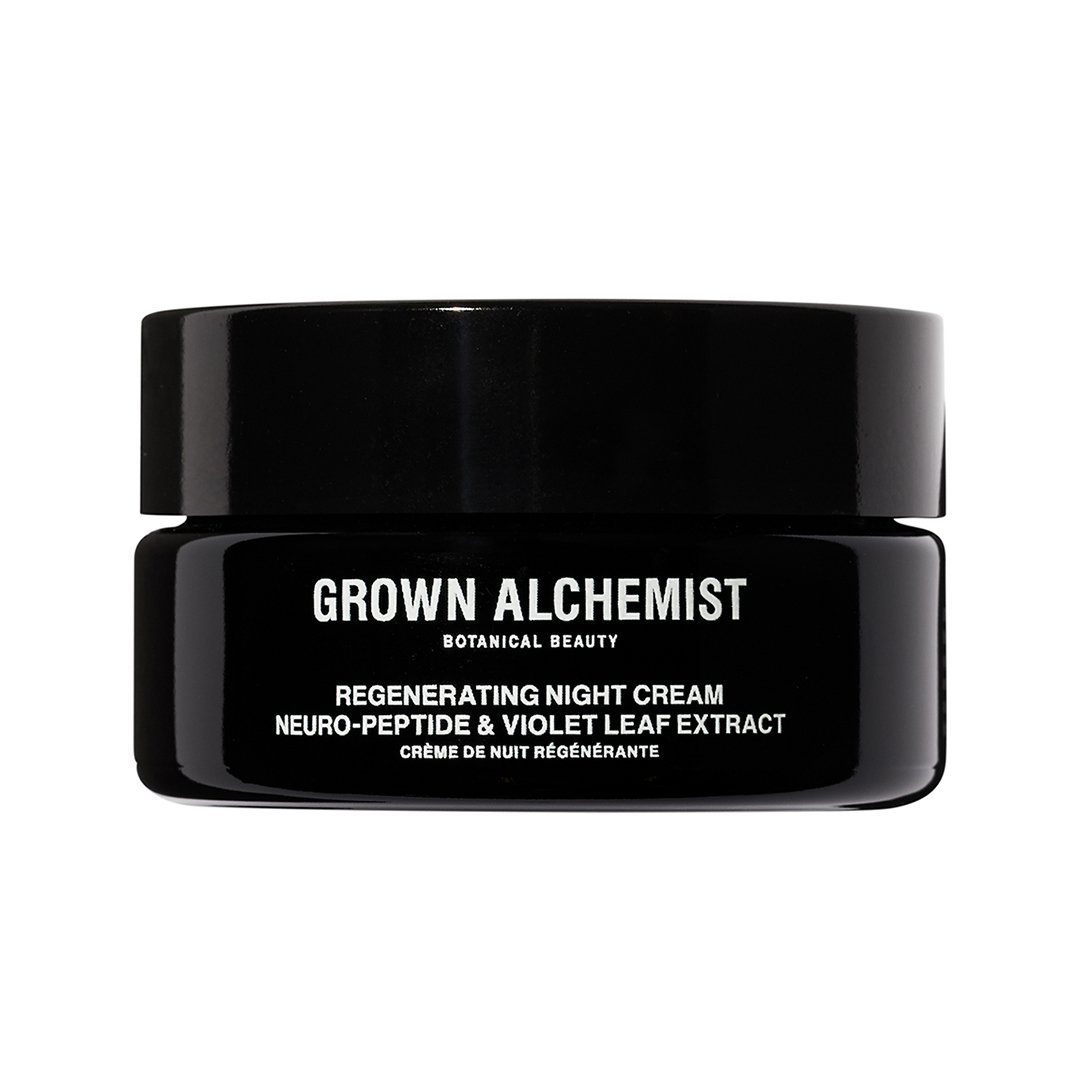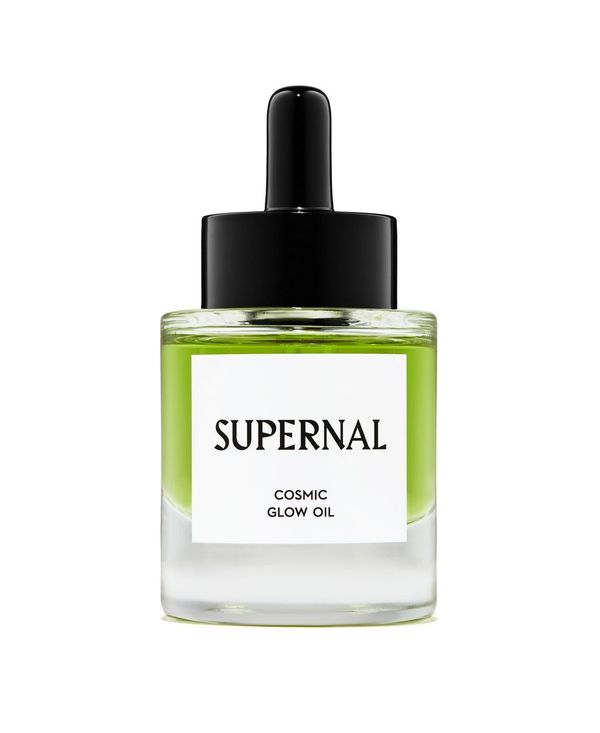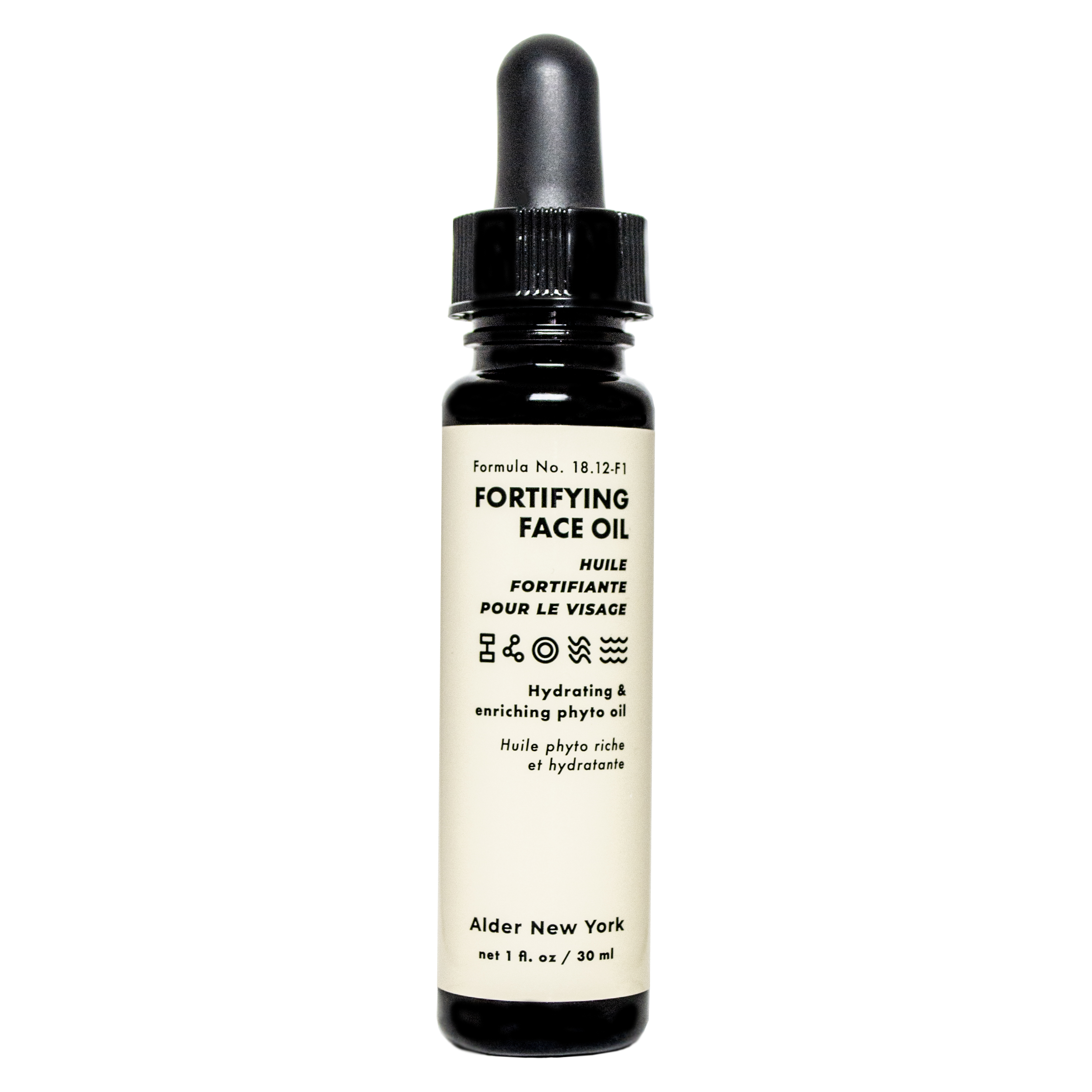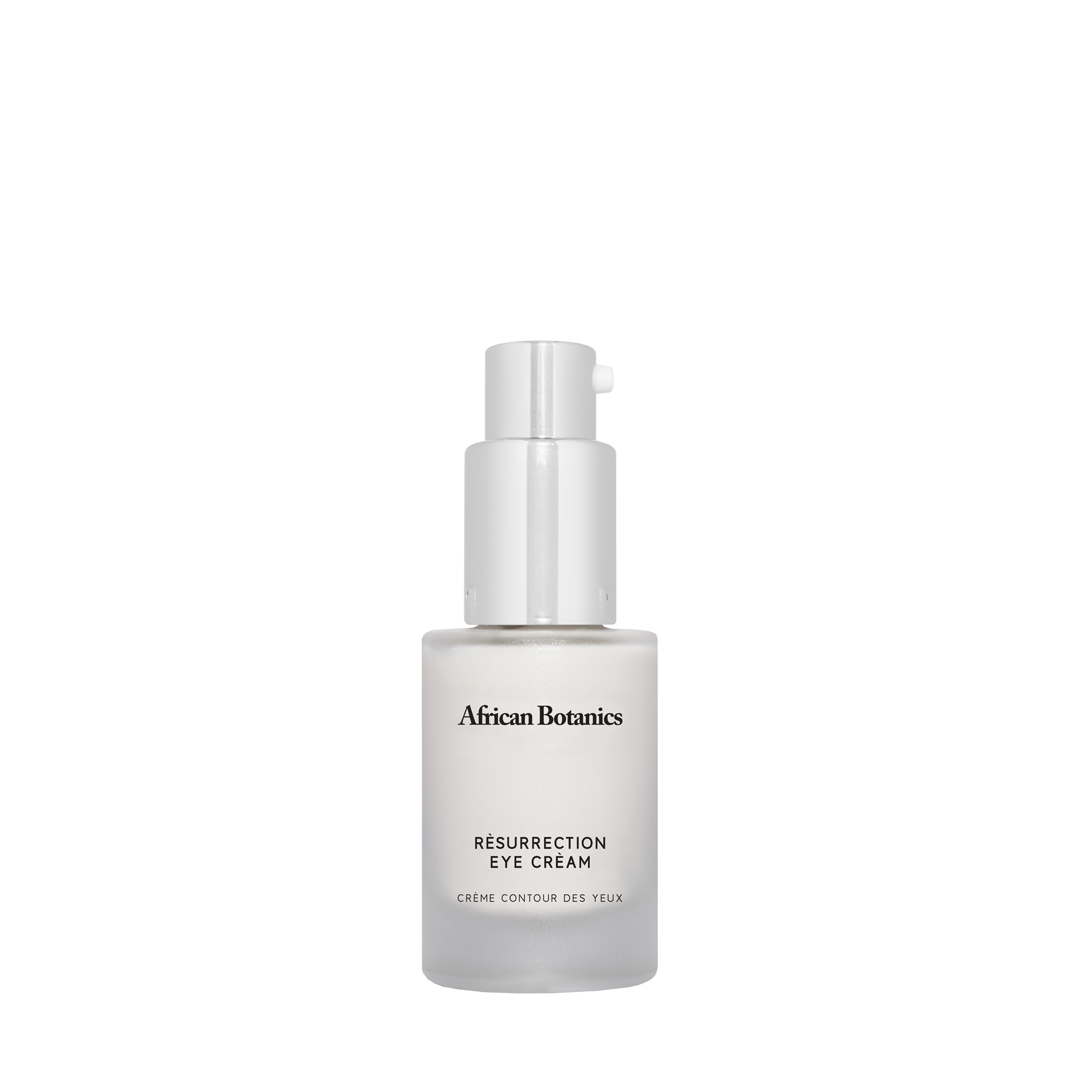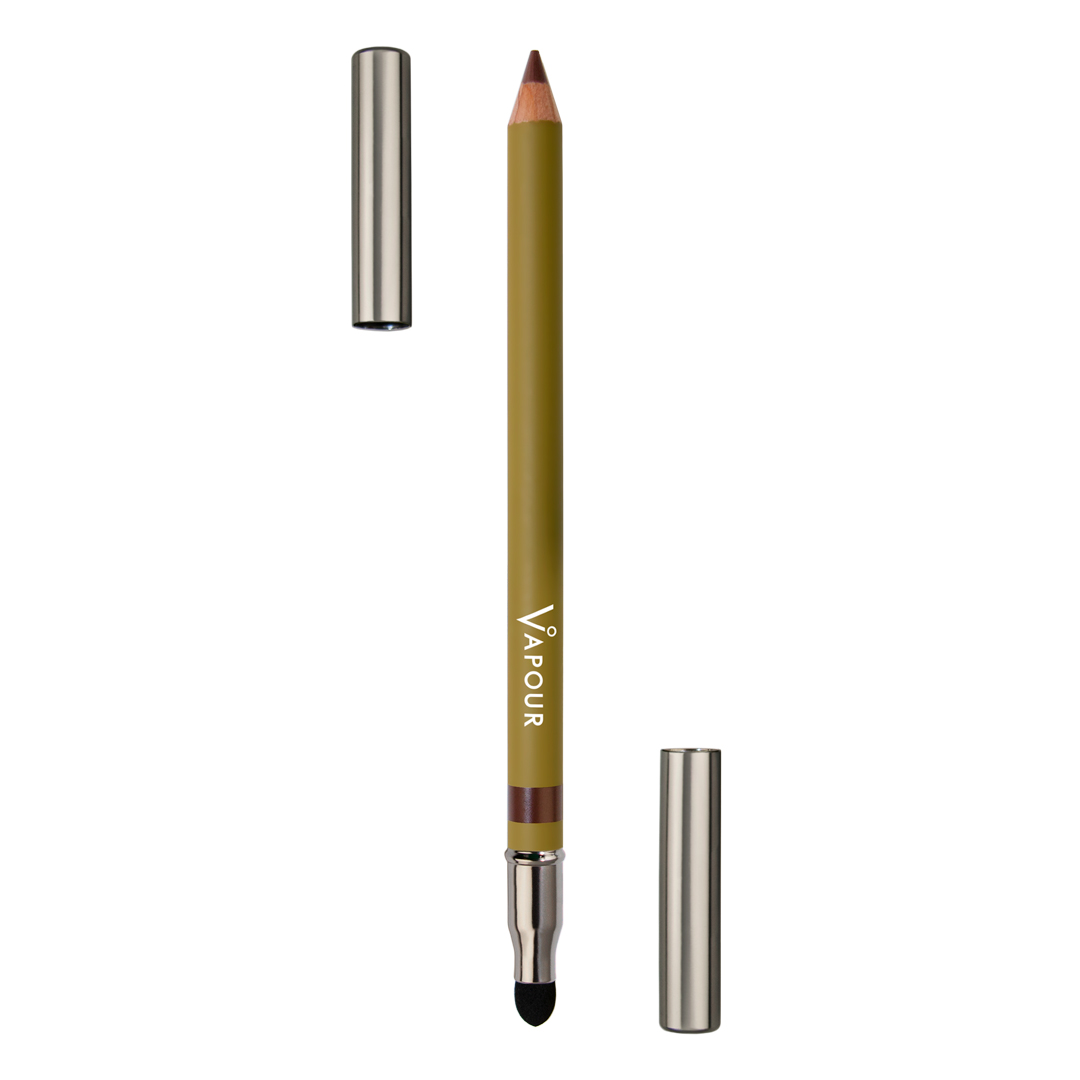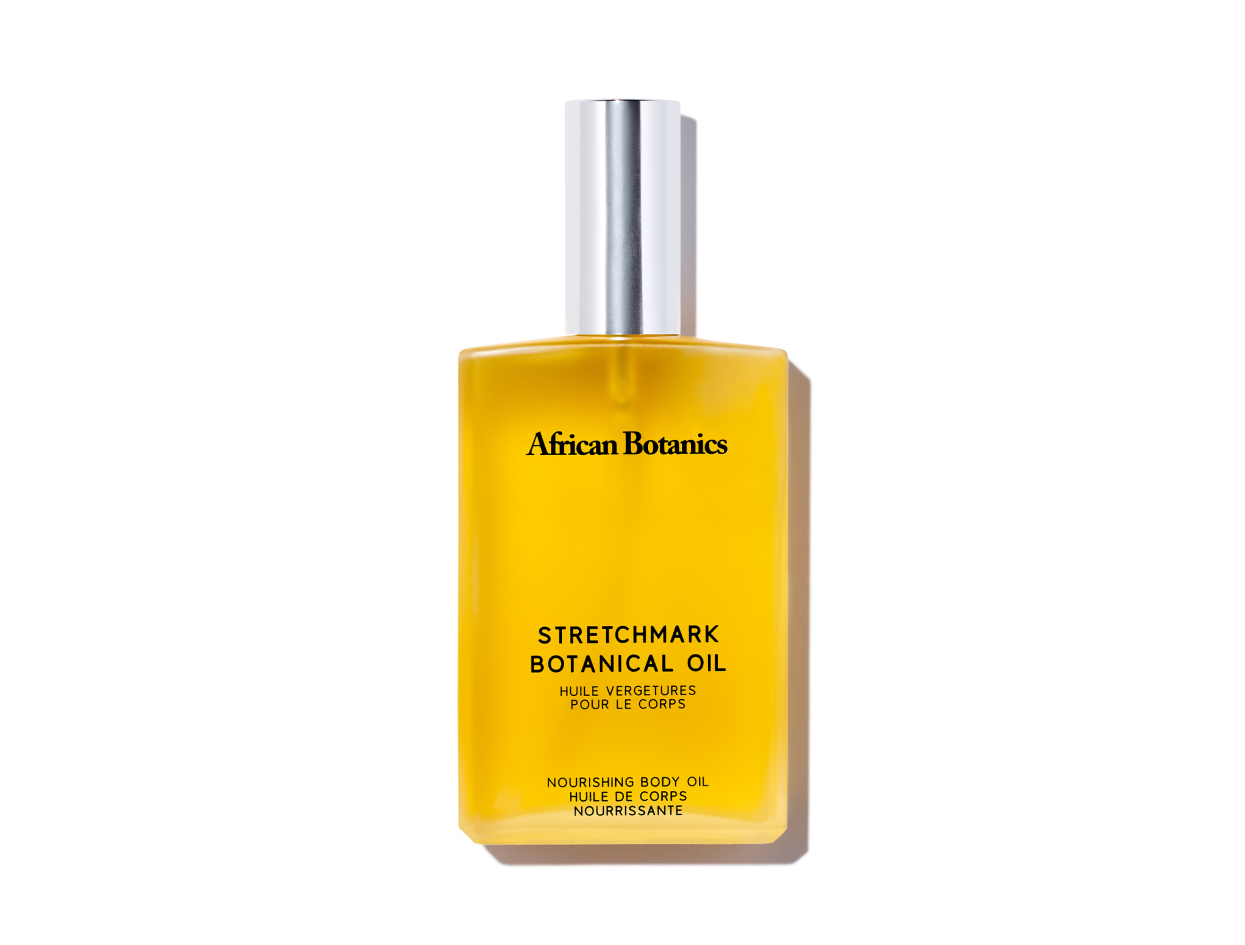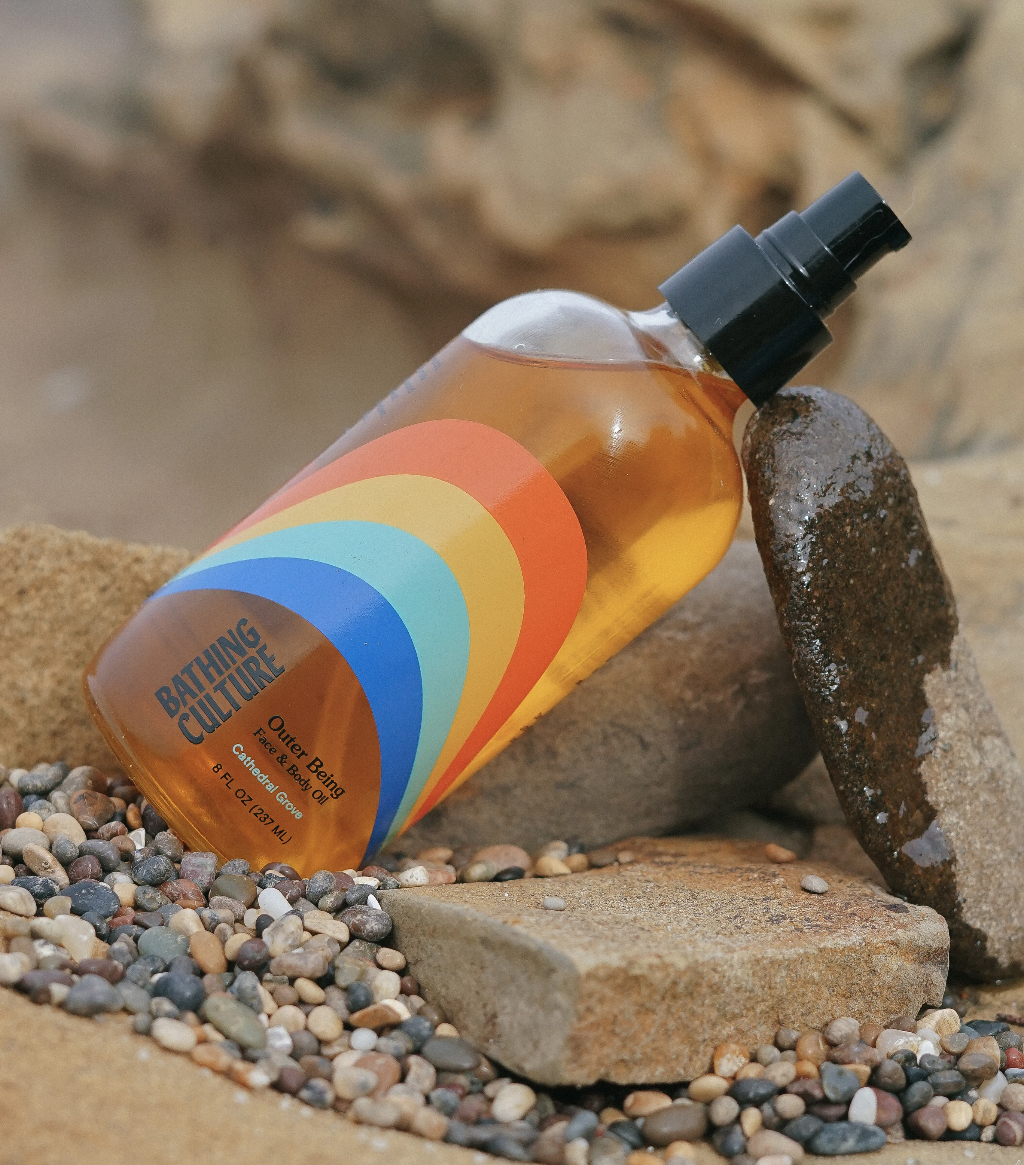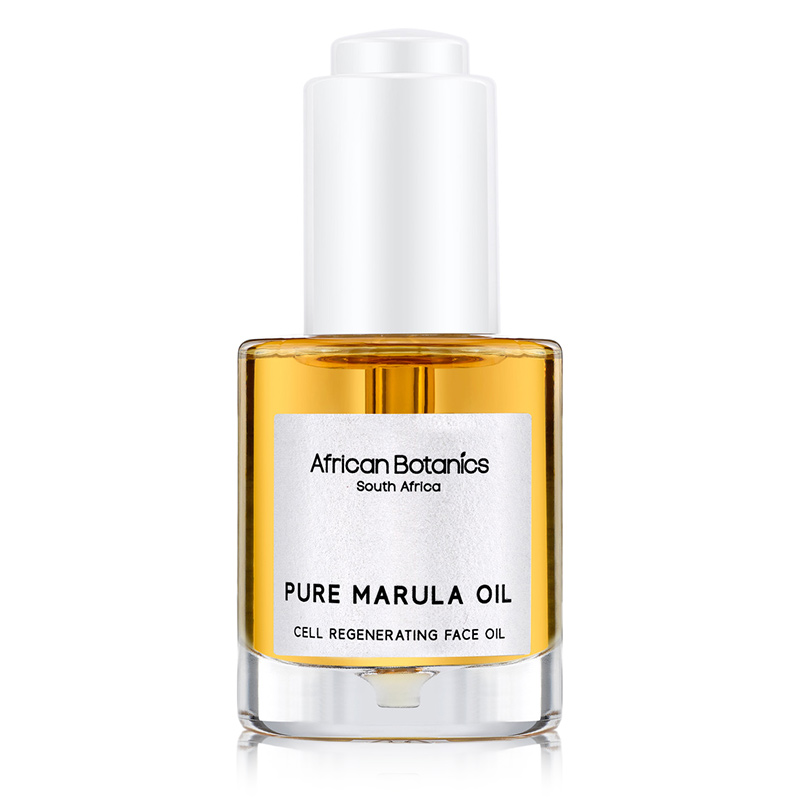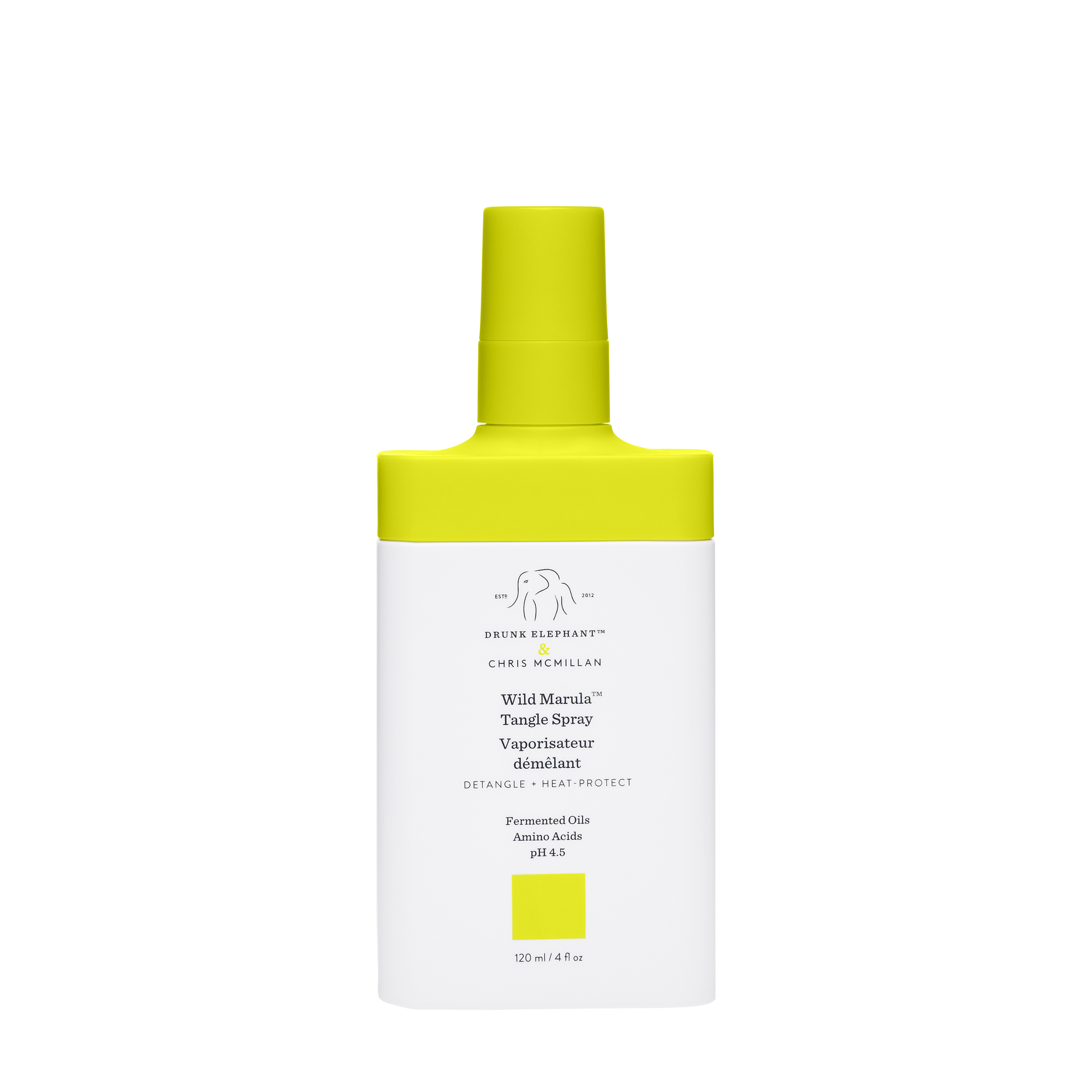10 Ways Marula Oil Can Save Your Skin
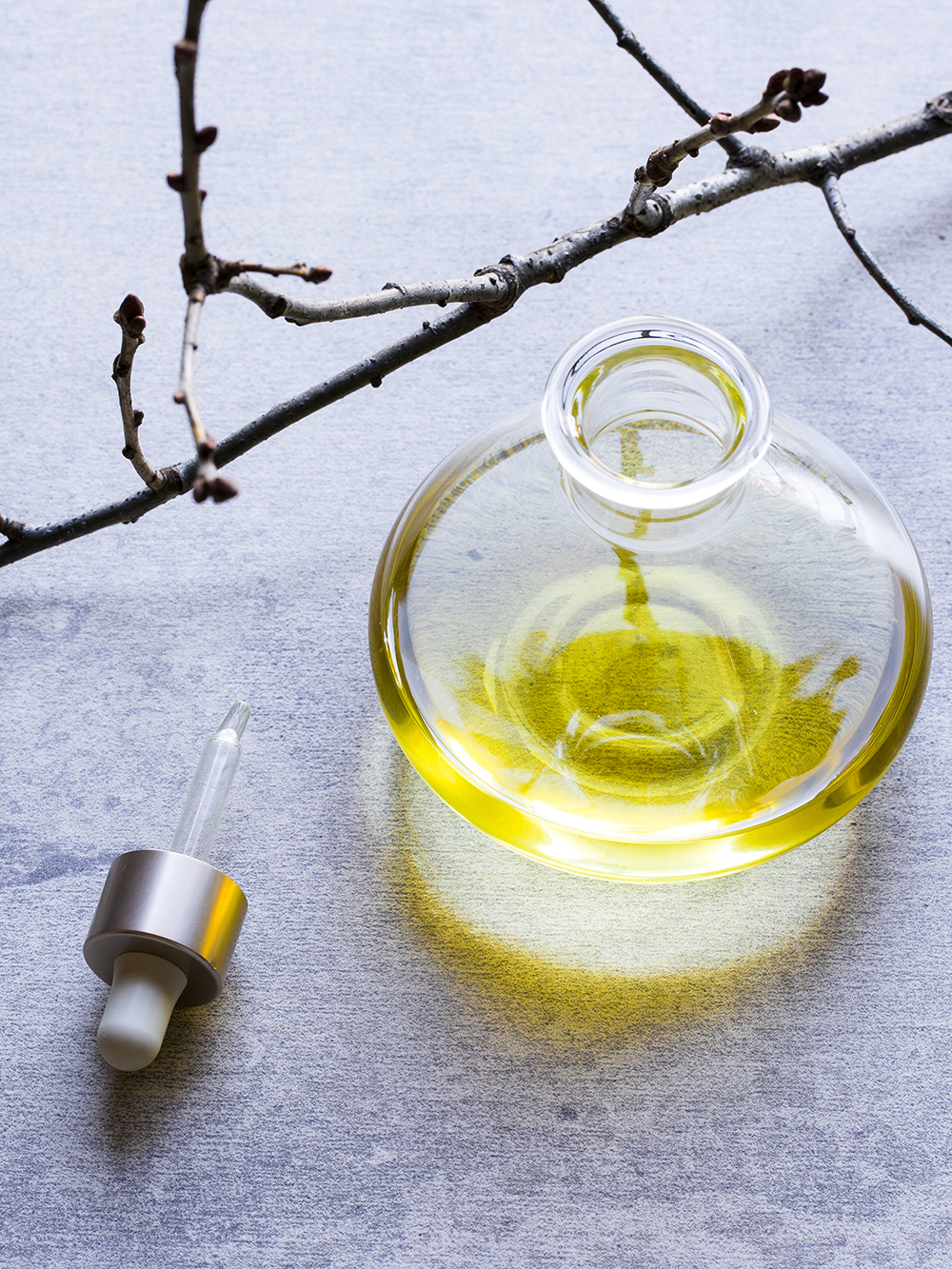
We've come a long way in thinking that oily products result in oily skin (it doesn't). In fact, we tend to cover the benefits of oils in every which way. One of the under-the-radar ones, marula oil, is quite the do-it-all product when it comes to skin health. There are so many benefits of marula oil. From revitalizing skin to preventing premature aging to reducing blemishes, scars, and age spots to providing full hydration for skin, it would be hard to think of what can't it do. When massaged onto skin and joints, the oil can reduce inflammation, reduce oxidative stress, and can work wonders on hair, beards, cuticles, and minor burns. Its potent amount of antioxidants, amino acids, and essential fatty acids make it a powerhouse for skin health.
What Exactly Is It?

It's extracted from the nut oil of the marula tree, native to Africa, and has a rich supply of monounsaturated and polyunsaturated fats, as well as tocopherols, vitamin C, flavonoids, sterols, and other antioxidants. Relatively lightweight and non-irritating, the oil can be easily absorbed into the skin and hydrates, nourishes, and strengthens skin without leaving a greasy film. Ranging from a clear to light yellow tint with a slight aroma, it has a shelf life of two to three years. Like all oils, it should be stored at room temperature to avoid oxidation.
"Marula oil is extremely helpful to those with oily, acne-prone, and dry skin, as it's very moisturizing and provides moderate prevention of transepidermal water loss according to studies," explains Orit Markowitz, a board-certified dermatologist and founder of OptiSkin in NYC. "Because of its moisturizing properties, marula oil is an effective moisturizer for dry or aging skin and can be beneficial for softening and smoothing fine lines and preventing stretch marks."
Markowitz especially recommends marula-based products to people with oily and acne-prone skin, as it is not very greasy, and has antimicrobial properties that can be effective against bacteria that contribute to the formation of acne. "Marula oil based moisturizers with natural fatty acids serve as a nice option as a nonocclusive moisturizer, and combined with a humectant for an overall glow," she explains.
How Marula Oil Benefits Skin Health
1. Balances Skin Barrier
Rich in omega and oleic acids, marula oil is a key factor in repairing and replenishing barrier function to dehydrated skin, while simultaneously controlling excess oil production. Marie Veronique, formulator, cosmetic chemist, and founder of the eponymous skincare brand, along with her collaborator Kristina Holey, have created several serums and oils with marula. My favorite, the Rejuvenating Night Oil, increases cell turnover rate, strengthens capillaries, speeds up wound healing, and reduces water loss that can occur at any season.
When it comes to full body, this cleanser from Versed credits marula oil combined with oat milk, probiotics, and blackberry vinegar in rebalancing the skin and restoring its protective barrier.
2. Hydrates Blemish-Prone Skin
"Marula oil is definitely one of my favorite ingredients—it's a gorgeous, anti-microbial, highly-absorbable, skin-identical, anti-aging, and balancing. I believe it to be superior to any oil I've ever tried due to the high content of fatty acids and antioxidants," explains Tiffany Masterson, CEO of Drunk Elephant. "When you have such powerful benefits to an ingredient, think of what daily use will do for your skin."
Several Drunk Elephant products contain the oil, but the absolute best is the facial oil, which truly is the purest form and dubbed "rehab for the skin." When you use the oil, which also contains linoleic acid daily, it can help cleanse pores and control excess oil production. It has helped keep my skin clear of blackheads, whiteheads, pimples, and everything in-between, all while staying moisturized.
3. Fights Free Radicals
Marula oil provides an excellent shield for the skin, defending against environmental damages, free-radical damage, and even has a higher antioxidant count than argan oil. It's that reason why the tree is so valued in South Africa, as the oil protects from the harshest, dehydrating environment. While every part of the tree is used (and even made into juice, jelly, or beer), it's the medicinal uses of the tree that has been utilized for centuries to treat diseases.
4. Refines Skin Texture for Smoother Skin
Irritated skin doesn't stand a chance with this night cream. Due to its advanced formula that contains peptides, hyaluronic acid, and essential omega fatty acids, it helps detoxify skin and reduce the appearance of fine lines and wrinkles thereafter. The marula oil-rich oleic acid allows the cream to deeply penetrate the skin, replenish lost moisture and control excess oil production.
5. Primes Skin for Makeup
As the seasons change, and my skin, like my allergies, change as well, marula oil makes a great simple addition to boost my routine. By adding to your moisturizer or cleanser, you get the same hydrated, supple benefits without the extra step or greasy hands. This glow oil won't clog your pores and leaves you with a luminous and naturally glowy surface. The silky and easily absorbed face oil fortified with vitamin C and omegas 3, 6, and 9 is designed to revitalize your skin under or without makeup.
6. Soothe Inflamed Skin
This quick-penetrating face oil is formulated with moisturizing and elasticity boosting organic jojoba oil, plant squalane, Abyssinian oil, marula oil, that hydrates and enriches your skin. Lightly scented with natural essential oils to hydrate dry or dull skin and reinforce its natural defenses, this oil reduces the irritation, itching, and dryness that comes along with psoriasis and eczema.
7. Hydrates the Under-Eye Area
The area under our eyes is the thinnest and driest skin on our face. Massaging this eye cream onto your skin plumps, tightens and visibly reduces dark circles and puffiness. This marula oil-rich cream stimulates the skin's collagen, gently toning and tightening, making way for smoothness.
Eyes can use a little more TLC when it comes to makeup? This eyeliner from Vapour beauty contains skin-conditioning marula oil, shea butter, and jojoba, making it a soothing option for long-wear eye definition.
8. Heals Skin
Your body deserves the same amount of love as your face. Marula oil aids in reducing the appearance of stretch marks and healing razor burns, sunburn, or scarring. This body oil is a rich blend of oils that strengthens and heals dehydrated skin, stretch marks, and burns.
Another great option is Bathing Culture's Outer Being Face and Body Oil is designed to protect skin in any climate. The brand uses marula oil and other botanicals to provide skin-nourishing C and E vitamins.
9. Reduce Redness
Marula is a highly anti-inflammatory plant oil, known for its high antioxidant count and light texture that quickly absorbs into the skin, so when it comes to red skin, it is the quick answer. You can't get better than this wild-harvested, cold-pressed, and weightless botanical oil. The natural, omega-packed oil has added vitamins E and C, leaving skin hydrated and radiant. It's especially useful after a chemical peel.
10. Supports a Healthy Scalp and Hair
Whether used as a scrub, an enhancement to your shampoo, to hydrate ends, or tame flyaways, marula oil is a key factor in scalp and hair health. Known to stimulate hair growth and improve the health of your follicles, massaging a small amount of this oil into your scalp daily can help prevent hair loss. This hair spray doubles as a detangler and heat protectant, but also adds strength, improves manageability, and gives hair a healthy appearance.
Next: Want Naturally Glowing Skin? This Superfood Can Help
This article is provided for informational purposes only and is not intended to be used in the place of advice of your physician or other medical professionals. You should always consult with your doctor or healthcare provider first with any health-related questions.
